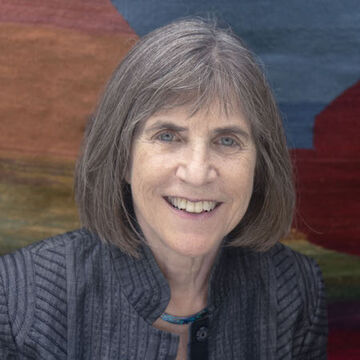

Nancy Feldman
Associate Professor, Adjunct
Contact
Bio
Associate Professor, Adjunct, Art History, Theory and Criticism (1989), Education: BFA, 1981, School of the Art Institute of Chicago, Chicago; MFA 1986 University of Chicago, Chicago; PhD, 2012, University of Chicago, Chicago. Concurrent Position: Faculty Supervisor, Textile Resource Center, Fiber & Material Studies Department. Exhibitions: Screenings for Shipibo: Movie of our Memories, Amo Amazonia, Lima and Pucallpa, Peru, 2019; George Washington University Museum and The Textile Museum, Washington DC, 2018; Field Museum, Chicago, 2017; II Festival de Cine y Medio Ambiente Latinoamericano, Rome, Italy, 2011; Bogata, Columbia; Caco Macayo and multiple remote villages in the Upper Amazon, Peru. Publications: Fieldiana, Journal of the Field Museum, Textile Society of America Proceedings. Awards: Phoenix Award, University of Chicago; President’s Award Outstanding Paper, Textile Society of America.
Personal Statement
Dr. Nancy Feldman is an art historian whose work engages with textile histories as well as medieval art. Through the study of objects, her work explores the foundational significance of place, materials, and processes of making and exchange. Her research interests include medieval textiles, illuminated medieval manuscripts, colonial documents, and contemporary indigenous textiles with a focus on Peru. Recent papers feature the study of materials, production, consumption and display of luxury medieval textiles, bodies as sites of legitimacy, and contemporary Shipibo textiles from the upper Amazon of Peru. She served as co-director and producer for the Field Museum’s Amazonian documentary, Shipibo: Movie of our Memories, a MacArthur Foundation supported film.